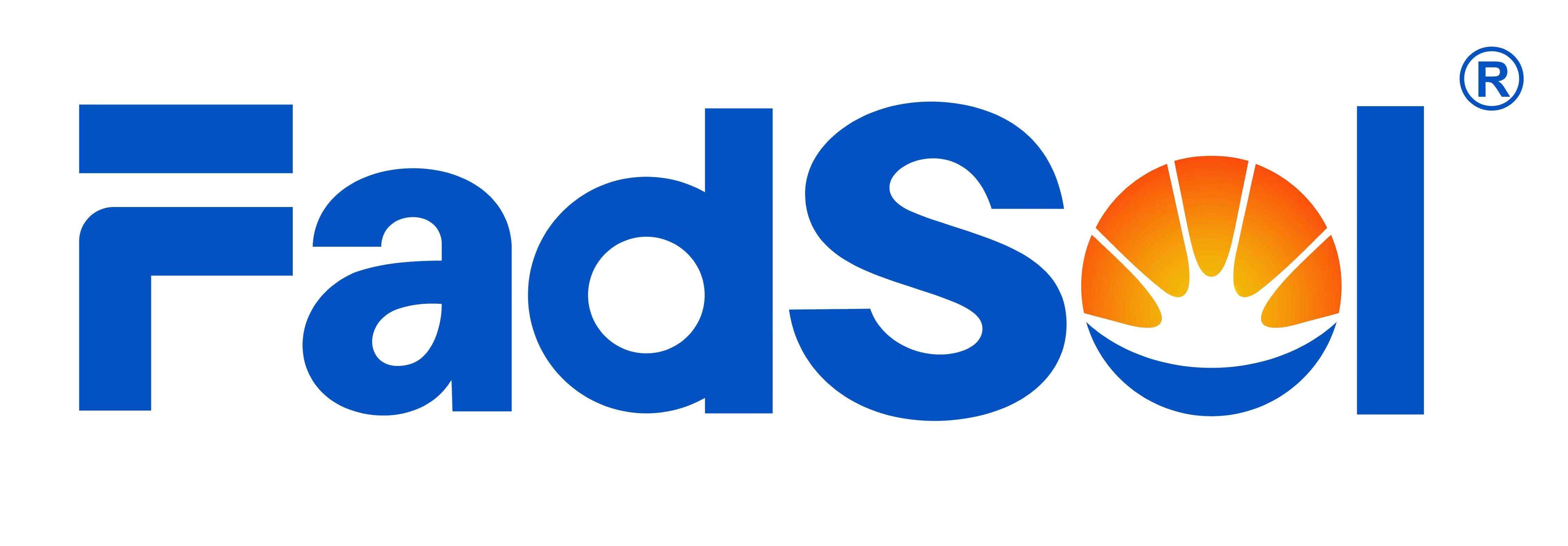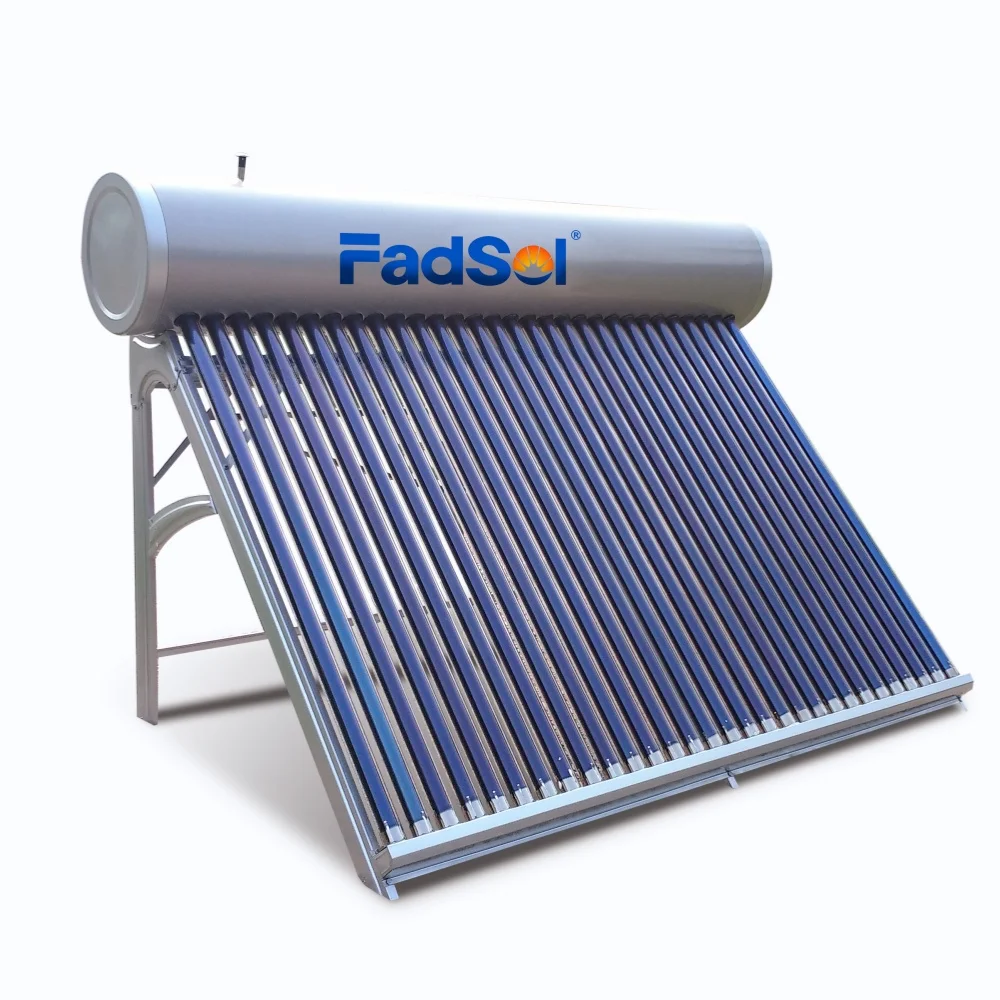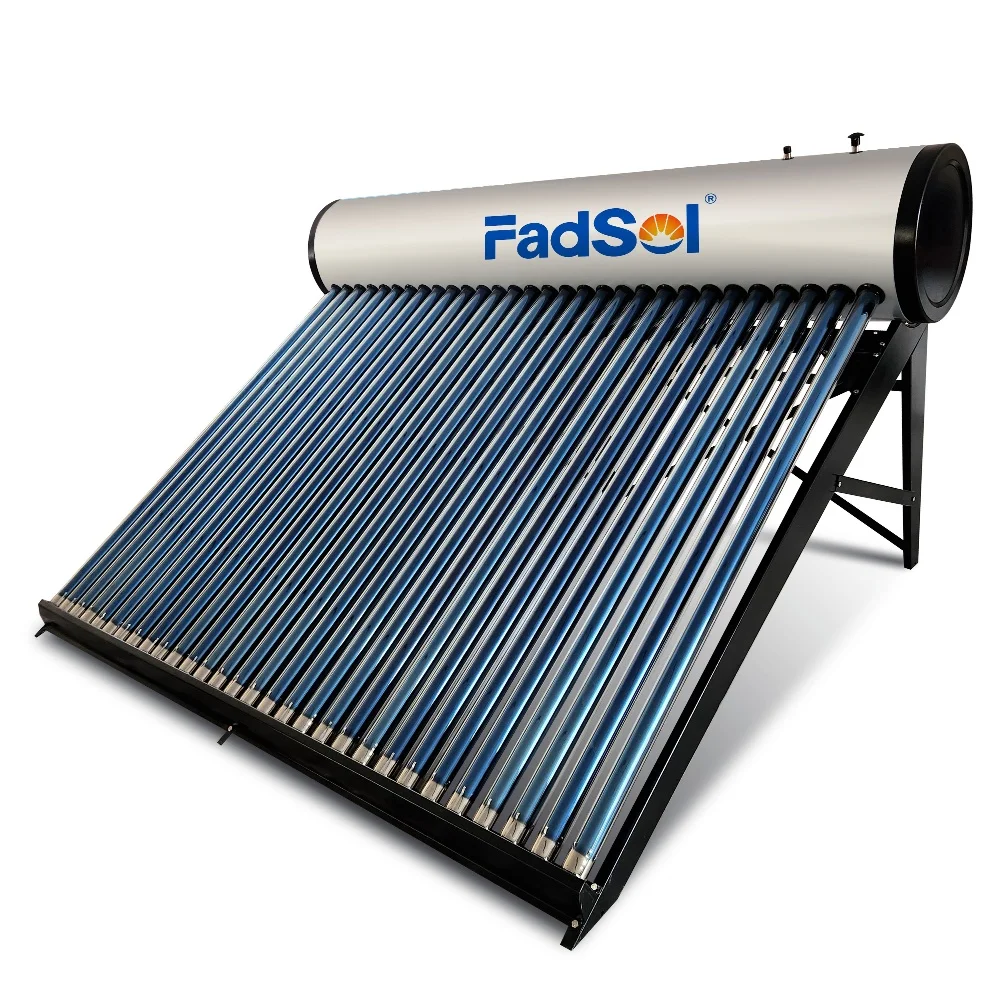Here's how to get the best out of a solar generator as a home emergency power source!
Why Solar Generators Are Essential for Home Resilience
The Role of Solar Energy in Emergency Preparedness
Solar energy is indispensable in emergency preparedness, acting as a reliable power source during outages caused by natural disasters such as hurricanes or floods. With increased occurrences of these events, maintaining power is crucial for safety and survival. Homes equipped with solar generators can continue to power essential appliances and devices, significantly improving survival rates and overall resilience when the grid fails. Furthermore, solar power generation is a sustainable choice, reducing reliance on traditional fuel sources and ensuring that households remain powered even during extended crises.
Benefits of Solar Generators Over Traditional Backup Systems
Solar generators have distinct advantages over traditional backup systems, notably as a clean energy solution. Unlike diesel or gas-powered alternatives, solar generators reduce carbon emissions, contributing to a healthier environment. Additionally, these generators are often quieter, minimizing noise pollution in residential areas, which is a vital consideration. Moreover, they offer lower operating costs as they harness free and renewable sunlight, eliminating the need for fuel purchases. Many solar generator models are portable and easy to operate, offering versatility in providing power across various locations. This makes them a superior choice for those seeking both eco-friendly and efficient backup energy solutions.
Key Components of a Solar-Powered Home System
Solar Panels: Capturing Renewable Energy
Solar panels are essential to any solar-powered home system as they are responsible for converting sunlight into usable electricity via photovoltaic cells. These panels come in different types, such as monocrystalline and polycrystalline, each offering varying efficiency rates that impact the system's energy output. According to the National Renewable Energy Laboratory, well-installed solar panels can significantly cover a household's energy requirements, making them a reliable energy source. The availability and advancement of technology in solar panels, like the improved low-light performance models, further enhance their efficiency, ensuring that homes can effectively harness renewable energy, even in less ideal weather conditions. Integrating solar panels into a home not only supports energy independence but also contributes to sustainability by reducing reliance on non-renewable resources.
Battery Storage: Ensuring Continuous Power Supply
Battery storage plays a crucial role in maintaining a consistent energy supply in a solar-powered home. These systems store excess energy generated by solar panels, allowing for power availability during nighttime or cloudy days. Among the various types of batteries, lithium-ion batteries are highly favored for home systems due to their durability and superior efficiency over traditional lead-acid batteries. As highlighted by Battery University, advancements in battery technology are enhancing lifespan and overall performance, ensuring long-term reliability for homeowners. The ability to store energy effectively is vital for sustaining energy independence and minimizing disruptions in power supply, especially during unexpected outages.
Inverters: Converting Energy for Home Use
Inverters are pivotal components in a solar-powered home system, tasked with converting the DC electricity produced by solar panels into AC electricity that domestic appliances can use. There are two primary types of inverters: string inverters and micro-inverters, each offering distinct benefits regarding efficiency and installation. String inverters are cost-effective, while micro-inverters optimize power generation for individual panels, enhancing overall system performance. Quality inverters not only improve the energy conversion process but also ensure the prolonged lifespan of the entire system, often backed by warranties reaching up to 25 years. Selecting the right inverter can maximize the efficacy of a solar energy system and reinforce a home's transition towards cleaner, renewable energy sources.
Top Solar Energy Solutions to Enhance Home Resilience
Solar Water Heater 300L: Efficient Non-Pressurized System
The Solar Water Heater 300L stands as a quintessential solution for homeowners aiming to harness solar energy efficiently for water heating. The system's non-pressurized design is a noteworthy feature, reducing both maintenance costs and installation complexities, making it an economically viable choice for many households. By implementing this system, households can experience a significant reduction in their energy bills, drawing away from traditional water heating methods which are often less sustainable. This transition aligns seamlessly with sustainability goals, supporting an eco-friendly lifestyle by utilizing renewable solar energy.
Non-Pressurized Solar Heater for Commercial & Residential Use
Adaptability and efficiency make non-pressurized solar heaters a versatile choice for both residential and commercial applications. These heaters are engineered to operate effectively across various environmental conditions, ensuring dependable performance throughout the year. By investing in such systems, businesses can significantly cut their operational costs while promoting green technology. This investment into solar heating is not just about reducing costs; it is a commitment to sustainable practices and environmental responsibility. The breadth of applications where non-pressurized solar systems can be utilized only reinforces their value as a reliable and efficient energy solution.
Deye Hybrid Inverters: Scalable Energy Storage Solutions
Deye’s hybrid inverters present an efficient and scalable option for energy storage, accommodating growing energy demands seamlessly. These multifunctional devices excel by providing users control over energy generation, usage, and storage, thereby optimizing solar system operation efficiency. One of the compelling reasons these hybrid inverters are gaining traction is their ability to provide freedom from grid dependency, boosting self-sufficiency and resilience. Industry reports highlight the growing trend of adopting hybrid inverters, underlining their crucial role in promoting energy independence and ensuring a stable energy supply in both residential and commercial setups.
Strategies for Integrating Solar Systems into Your Home
Combining Solar Generators with Water Heating Systems
Combining solar generators with water heating systems can significantly enhance the overall energy efficiency of a home. By integrating these systems, homeowners can utilize the power of solar energy for both electricity generation and water heating, effectively decreasing their dependence on grid electricity. This not only leads to cost savings, particularly during peak usage times, but also contributes to environmental sustainability. Homes located in areas with steep electricity rates or frequent power outages could particularly benefit from this setup. By investing in a solar generator alongside a solar water heater, homeowners can ensure a consistent and economical supply of energy, thereby reducing overall energy bills and increasing home resilience.
Optimizing Energy Use with Smart Hybrid Inverters
Incorporating smart hybrid inverters into your solar power system can profoundly optimize energy usage. These devices allow for dynamic adjustment of energy consumption based on solar energy availability, ensuring efficient energy utilization throughout the day. Moreover, smart inverters provide detailed data insights on energy generation and consumption, empowering homeowners to make informed decisions to enhance energy efficiency. According to studies, households employing smart technology, like hybrid inverters, can achieve energy savings of up to 30%. This not only translates into substantial cost savings but also contributes to a more sustainable lifestyle by maximizing the use of renewable solar energy to power home appliances.
Maintaining Your Solar System for Long-Term Reliability
Routine Checks for Solar Panels and Batteries
Routine maintenance checks on solar panels and batteries are crucial for ensuring the optimal functionality and longevity of your home solar power system. Regular inspections help identify issues like dust, debris, or deterioration that can impact the performance of solar panels. Without proper maintenance, these elements can reduce the efficiency of solar energy systems for homes. Furthermore, paying attention to the charge cycles of solar panel batteries is vital. By ensuring batteries are maintained properly, one can significantly extend the lifespan of the energy storage system, thereby supporting the overall reliability of solar energy solutions.
Ensuring Peak Performance of Hybrid Inverters
Regularly inspecting hybrid inverters is essential to maintain system reliability and ensure that potential issues are identified before leading to failures. Keeping the firmware updated and continuously monitoring performance metrics can help maintain peak efficiency. By comparing performance data against benchmarks, homeowners can effectively gauge the health of their hybrid inverters and decide if upgrades or maintenance are necessary. This proactive approach ensures that your solar system continues to operate efficiently, maximizing the reliability and benefits of using solar energy systems in your home.
 EN
EN
 AR
AR FR
FR DE
DE IT
IT PL
PL PT
PT RU
RU ES
ES SW
SW HA
HA



